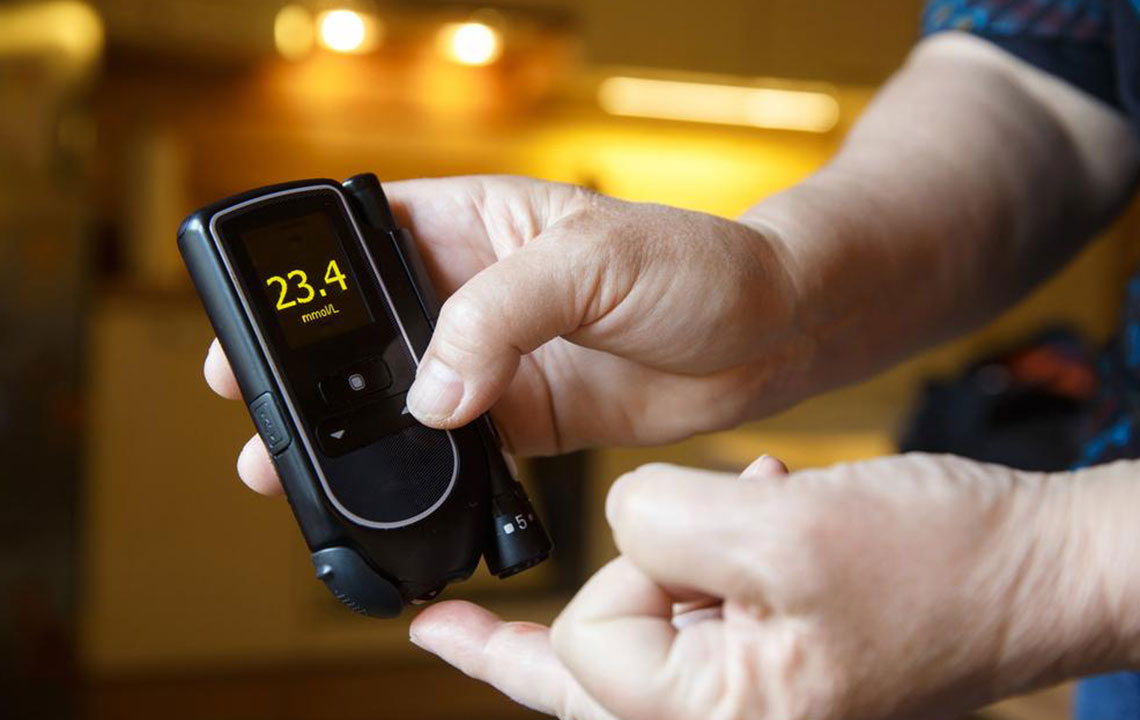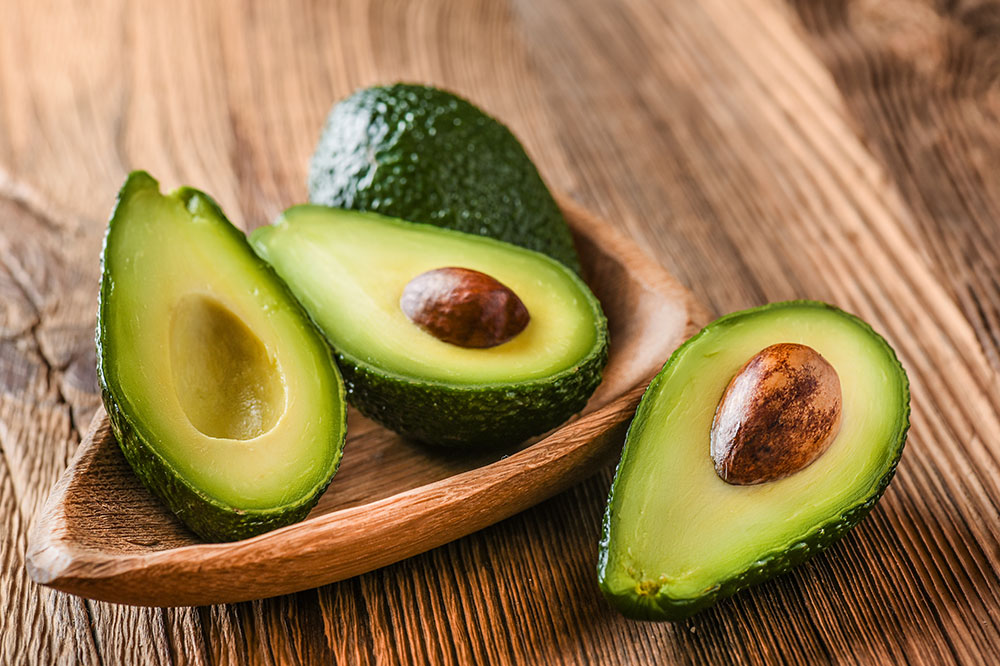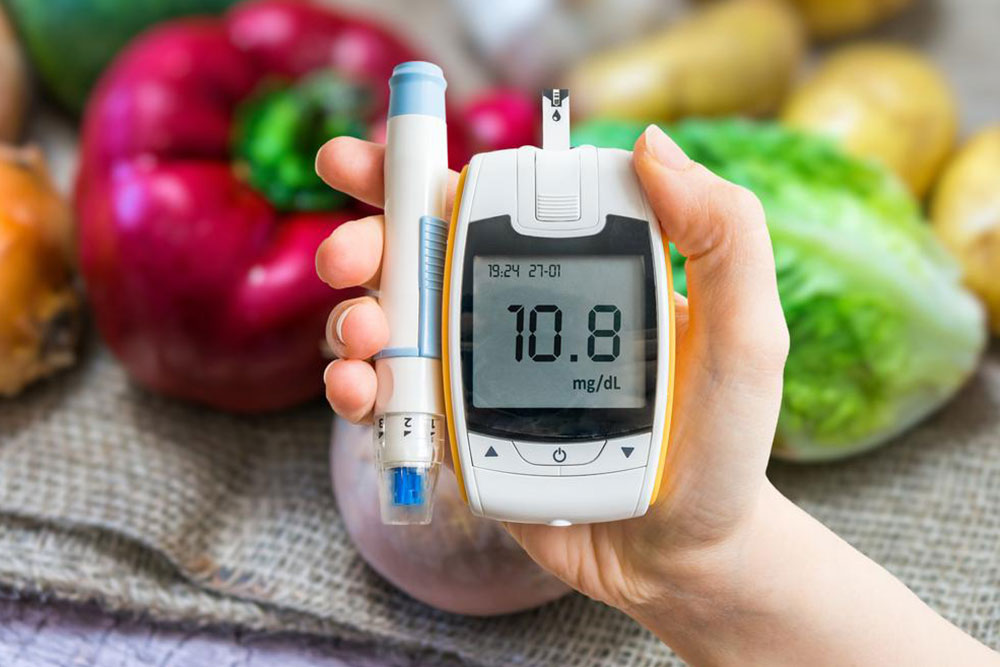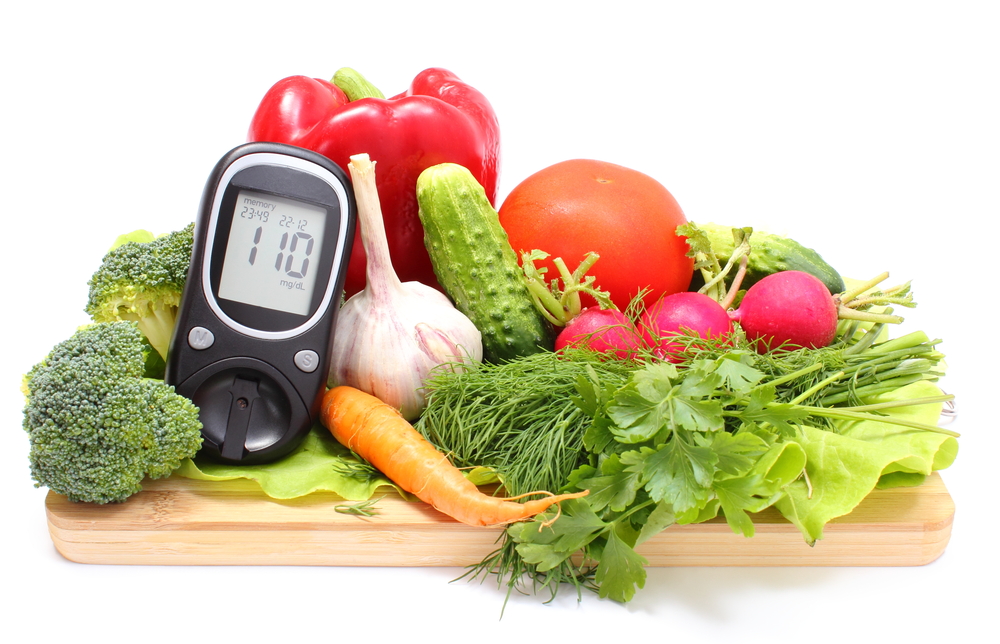Optimal Nutrition Plan for Managing Type 2 Diabetes
Discover essential dietary strategies for effectively managing type 2 diabetes. This guide highlights key foods to include and avoid, emphasizing fiber-rich options, healthy fats, and balanced meal timing. Combining proper nutrition with regular exercise can help control blood sugar levels and reduce reliance on medication, supporting overall health and well-being.
Sponsored

Proper diet plays a crucial role in controlling type 2 diabetes. Depending on individual diagnosis and current dietary habits, minor tweaks or complete overhauls might be necessary to achieve better blood sugar management.
Key Principles for a Diabetes-Friendly Diet
The best diet for type 2 diabetes emphasizes increasing fiber intake while reducing consumption of fats and refined sugars. The diet is straightforward to implement but requires careful food choices.
Recommended Foods –
Whole grains such as oats, barley, quinoa, wild rice, and brown rice.
Fruits like strawberries, blackberries, raspberries, and citrus fruits.
Vegetables including leafy greens, carrots, cauliflower, broccoli, and asparagus, especially non-starchy options.
Plant-based proteins such as beans, lentils, peas, and nuts like almonds, walnuts, and pecans (in moderation).
Animal-based proteins like salmon, tuna, herring, and sardines.
Healthy fats from sources like olive oil, peanut oil, flaxseeds, and avocados (use sparingly).
Dairy products including low-fat yogurt and milk.
Foods to Limit or Avoid –
Refined flour and processed foods
Full-fat dairy products
White rice, pasta
Red meats
Starchy vegetables
Sugar-laden drinks
Trans and saturated fats
High-sodium foods
Fried foods
Additional Tips –
Stick to regular meal times to maintain stable blood sugar levels.
Diversify your diet to maximize nutrient intake.
Reduce salt intake to help prevent high blood pressure, a common risk in diabetes.
Incorporate fiber carefully; balance is key to lower cardiovascular risks.
Avoid overeating to support weight management.
Alongside a balanced diet, regular physical activity enhances blood sugar control. Proper diet and exercise can potentially manage type 2 diabetes without medication, but always consult healthcare professionals for personalized plans.






